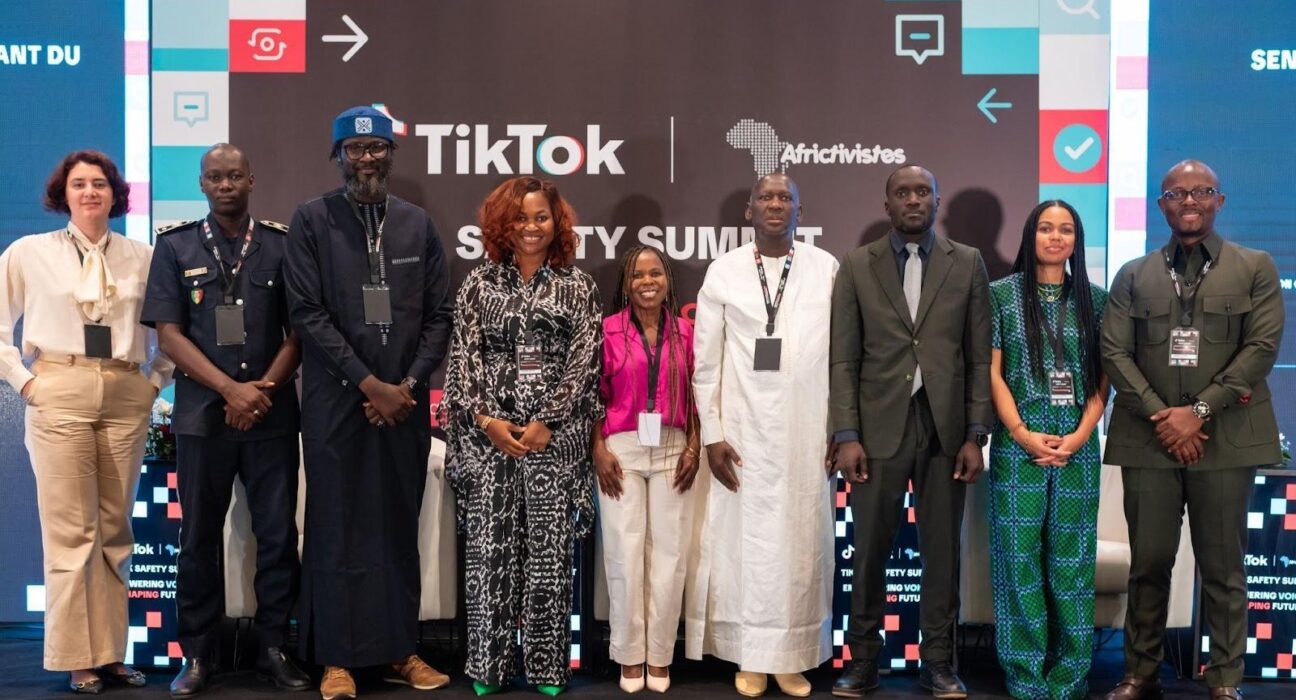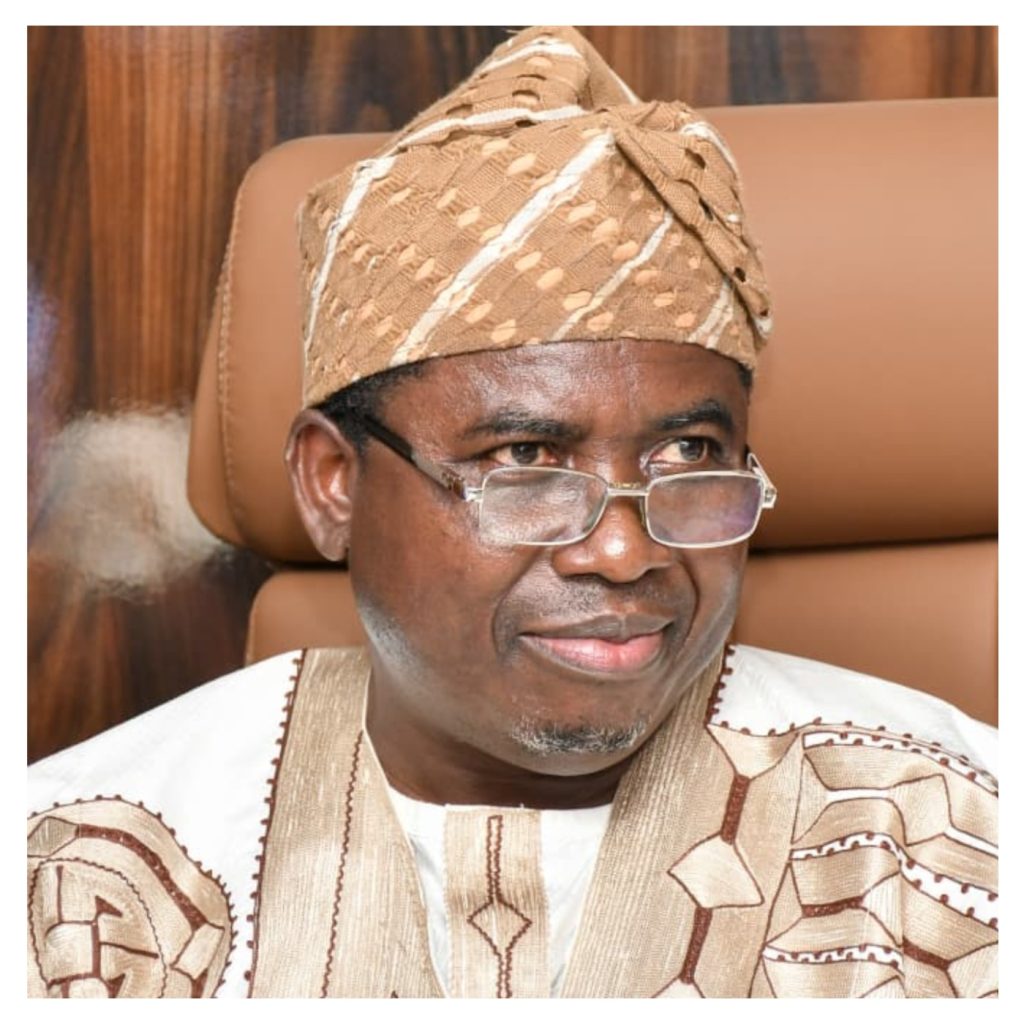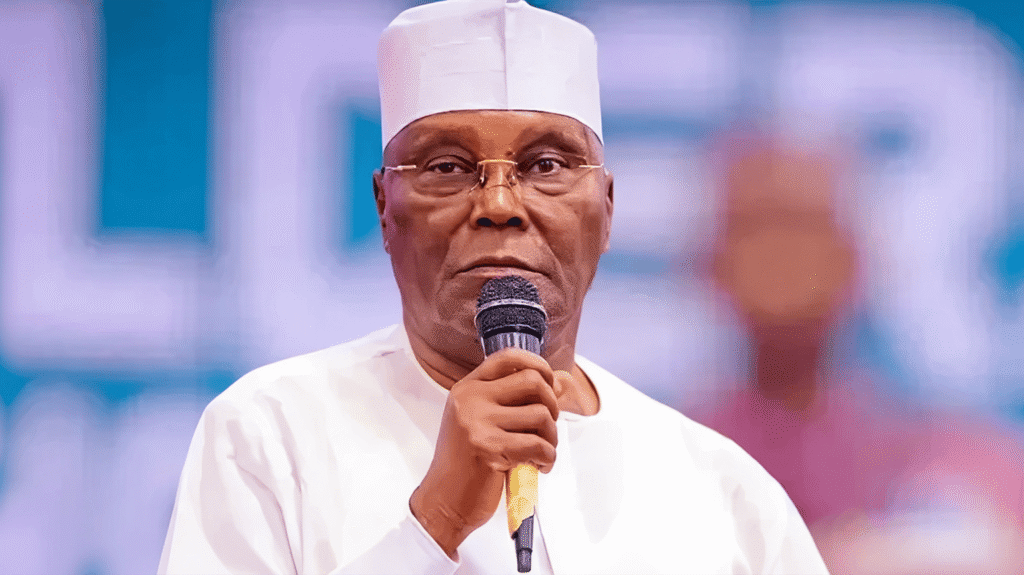TikTok Checks Abusive Live Streams as West Africa Summit Highlights Safety Gaps

TikTok has disclosed its first set of enforcement figures on Live Monetisation violations after a spike in users broadcasting sexual content during live sessions.
The data was released at the platform’s West Africa Safety Summit in Dakar, Senegal, organised in partnership with AfricTivistes.
The report shows that TikTok acted against 2,321,813 Live sessions and 1,040,356 Live creators worldwide in the second quarter of 2025 for breaching Live Monetisation rules.
In Nigeria alone, the platform banned 49,512 Live sessions within the same period.
The Dakar summit brought together senior government representatives, policy analysts, civil society groups, regulators and media stakeholders from across West Africa, including Nigeria, Senegal, Mali, Côte d’Ivoire, Burkina Faso, Chad and Ethiopia.
Delegates examined regional risks and discussed ways to strengthen user protection frameworks.
TikTok said the meeting marked a significant step in its efforts to bolster digital safety across Sub-Saharan Africa, with discussions focused on shared solutions under the platform’s #SaferTogether initiative.
Duduzile Mkhize, TikTok’s Outreach and Partnerships Manager for Sub-Saharan Africa, said the company’s local partnerships remain central to improving platform safety.
“While global, we remain hyper-local in our day-to-day efforts. The dialogue at this Summit is invaluable because only through insights sharing and collaboration with policymakers and local partners across West Africa can we prevent a fragmented and insecure digital environment,” she said. “United action can help us guarantee a safe space for our community to discover, create, and connect responsibly.”
Nigeria’s Dr Akinola Olojo, a counter-extremism expert and member of TikTok’s Sub-Saharan Africa Safety Advisory Council, said the summit demonstrated the importance of coordinated action.
“The convening of various stakeholders in Dakar, sharing insights for collaborative action, proves that the work we do alongside TikTok is not in vain,” he said. “We must move beyond reactive measures and continue to build proactive systems that empower communities to resist radicalisation and leverage online spaces for positive social impact.”
TikTok’s global enforcement data shows the platform removed 189 million videos in the second quarter of 2025—just 0.7% of total uploads. Of these, 163.9 million were identified through AI-driven moderation, with 99.1% taken down proactively and 94.4% removed within 24 hours.
The company also deleted 76,991,660 fake accounts and took down 25,904,708 accounts suspected to belong to users under the age of 13.
In Nigeria, TikTok removed 3,780,426 videos between April and June 2025 for breaching Community Guidelines. The platform said 98.7% of these were taken down before they were viewed, and 91.9% were removed within a day.
The figures, published in TikTok’s Q2 2025 Community Guidelines Enforcement Report, reflect the platform’s efforts to limit harmful content while tightening oversight of its fast-growing Live ecosystem.
TikTok Moves to Curb Abusive Live Streams as West Africa Summit Highlights Safety Gaps
TikTok has disclosed its first set of enforcement figures on Live Monetisation violations after a spike in users broadcasting sexual content during live sessions. The data was released at the platform’s West Africa Safety Summit in Dakar, Senegal, organised in partnership with AfricTivistes.
The report shows that TikTok acted against 2,321,813 Live sessions and 1,040,356 Live creators worldwide in the second quarter of 2025 for breaching Live Monetisation rules. In Nigeria alone, the platform banned 49,512 Live sessions within the same period.
The Dakar summit brought together senior government representatives, policy analysts, civil society groups, regulators and media stakeholders from across West Africa, including Nigeria, Senegal, Mali, Côte d’Ivoire, Burkina Faso, Chad and Ethiopia. Delegates examined regional risks and discussed ways to strengthen user protection frameworks.
TikTok said the meeting marked a significant step in its efforts to bolster digital safety across Sub-Saharan Africa, with discussions focused on shared solutions under the platform’s #SaferTogether initiative.
Duduzile Mkhize, TikTok’s Outreach and Partnerships Manager for Sub-Saharan Africa, said the company’s local partnerships remain central to improving platform safety.
“While global, we remain hyper-local in our day-to-day efforts. The dialogue at this Summit is invaluable because only through insights sharing and collaboration with policymakers and local partners across West Africa can we prevent a fragmented and insecure digital environment,” she said. “United action can help us guarantee a safe space for our community to discover, create, and connect responsibly.”
Nigeria’s Dr Akinola Olojo, a counter-extremism expert and member of TikTok’s Sub-Saharan Africa Safety Advisory Council, said the summit demonstrated the importance of coordinated action.
“The convening of various stakeholders in Dakar, sharing insights for collaborative action, proves that the work we do alongside TikTok is not in vain,” he said. “We must move beyond reactive measures and continue to build proactive systems that empower communities to resist radicalisation and leverage online spaces for positive social impact.”
TikTok’s global enforcement data shows the platform removed 189 million videos in the second quarter of 2025—just 0.7% of total uploads. Of these, 163.9 million were identified through AI-driven moderation, with 99.1% taken down proactively and 94.4% removed within 24 hours.
The company also deleted 76,991,660 fake accounts and took down 25,904,708 accounts suspected to belong to users under the age of 13.
In Nigeria, TikTok removed 3,780,426 videos between April and June 2025 for breaching Community Guidelines. The platform said 98.7% of these were taken down before they were viewed, and 91.9% were removed within a day.
The figures, published in TikTok’s Q2 2025 Community Guidelines Enforcement Report, reflect the platform’s efforts to limit harmful content while tightening oversight of its fast-growing Live ecosystem.









